M Health Fairview and the Minneapolis Health Department’s First Steps pilot program offers free and same-day access to medication for opioid use disorder and will continue beyond its pilot stage.
The program comes out of M Health Fairview University of Minnesota Medical Center West Bank’s emergency department, an area impacted by the opioid crisis with one of the highest overdose rates in Minnesota, according to Minneapolis’ website.
The Health Department has provided around $389,000 to fund the pilot program.
Dziwe Ntaba, an emergency department provider at M Health Fairview, said in a press release that many people who suffer from addiction are not receiving treatment from hospital emergency rooms.
“Effective treatment is essential to overcoming this crisis,” Ntaba said. “Ninety-four percent of patients with substance use disorder don’t receive any treatment, yet many frequently visit the ER. The emergency department presents a unique opportunity to fill that gap.”
Medical Director of the West Bank Emergency Department Robert Tanouye said the program started from a three-year grant, with half of that time spent building the program. The program has treated over 600 patients since starting in June 2023.
The “medication first” treatment approach gets patients the medications they need while the grant pays for the medication, Tanouye said.
“The gap often historically was that we couldn’t get patients to get a prescription or we prescribe it to a pharmacy that wouldn’t have it or wouldn’t be open or a patient couldn’t go to Walgreens because of all of the various social things (like) transportation gaps,” Tanouye said.
Minneapolis City Council Member Jamal Osman (Ward 6) said when he was first elected in 2020, the opioid crisis had already devastated the community and the overdoses it brought were especially impacting the East African and Native American communities. He said we are in a war with opioids.
“Many people did not really know what they were dealing with,” Osman said. “Immigrant members that are not from this area are seeing their kids overdosing or being addicted to opioids, it was very challenging.”
Osman said the First Step program has made a difference in helping people struggling with addiction get the right treatment.
“During the budget markups, every year ever since I’ve been here, I allocated money for cultural specific money for the opioid epidemic,” Osman said. “In the last year, there was about $150,000 that our budget markup for cultural organizations to do outreach, education, awareness, Narcan training, different programs to really tackle this issue.”
Minneapolis received about $18 million from an opioid lawsuit settlement which is used every year to fight the opioid pandemic, Osman said.
Tanouye said the West Bank lobby has a 24/7 vending machine pharmacy which is stocked with medication to treat both opioid use disorder and prevent death. He added that Narcan, which can reverse an overdose, and Suboxone, which can help alleviate withdrawal symptoms, are stocked in the vending machines.
“We either run the patient’s insurance or if they don’t have insurance or it’s too expensive, we basically just charge it to the grant,” Tanouye said. “So that’s where a decent amount of the grant’s money was used to get patients, not just the in-emergency department treatment, but to send patients home with physical medications that were paid for.”


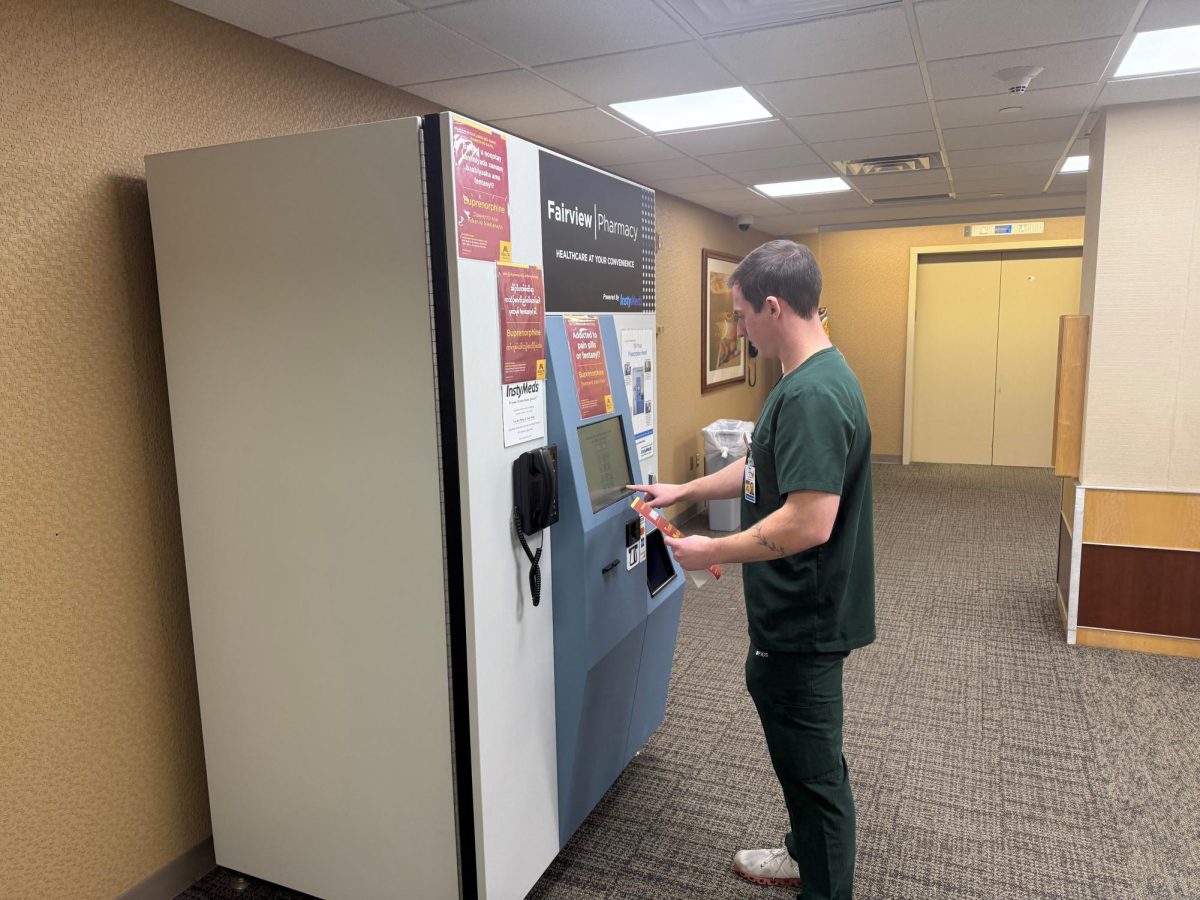
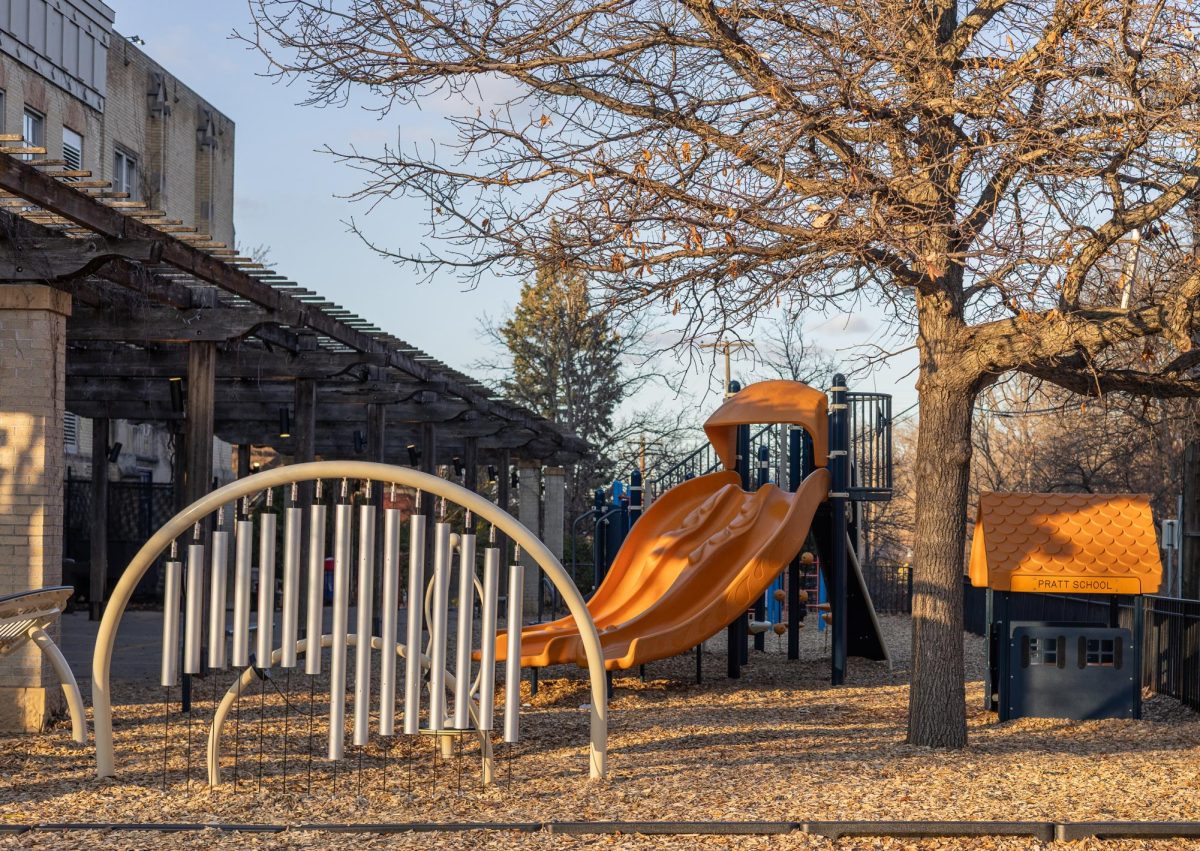

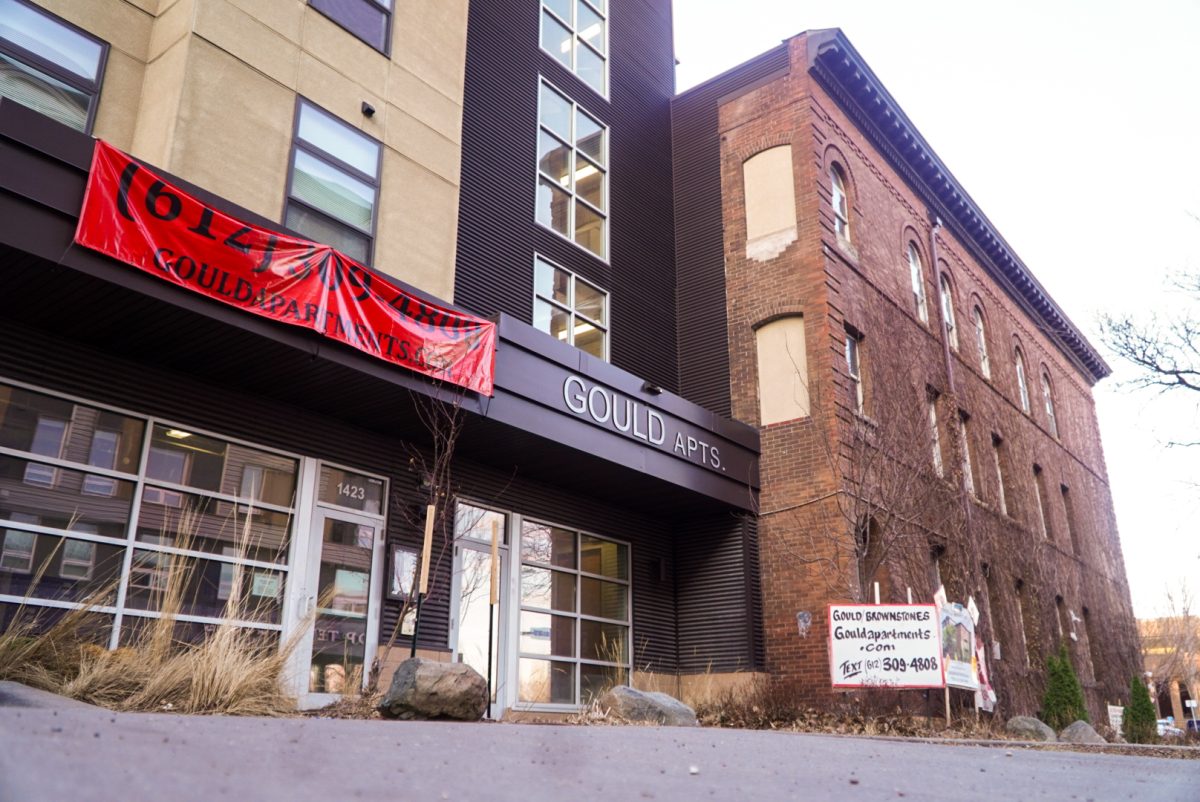
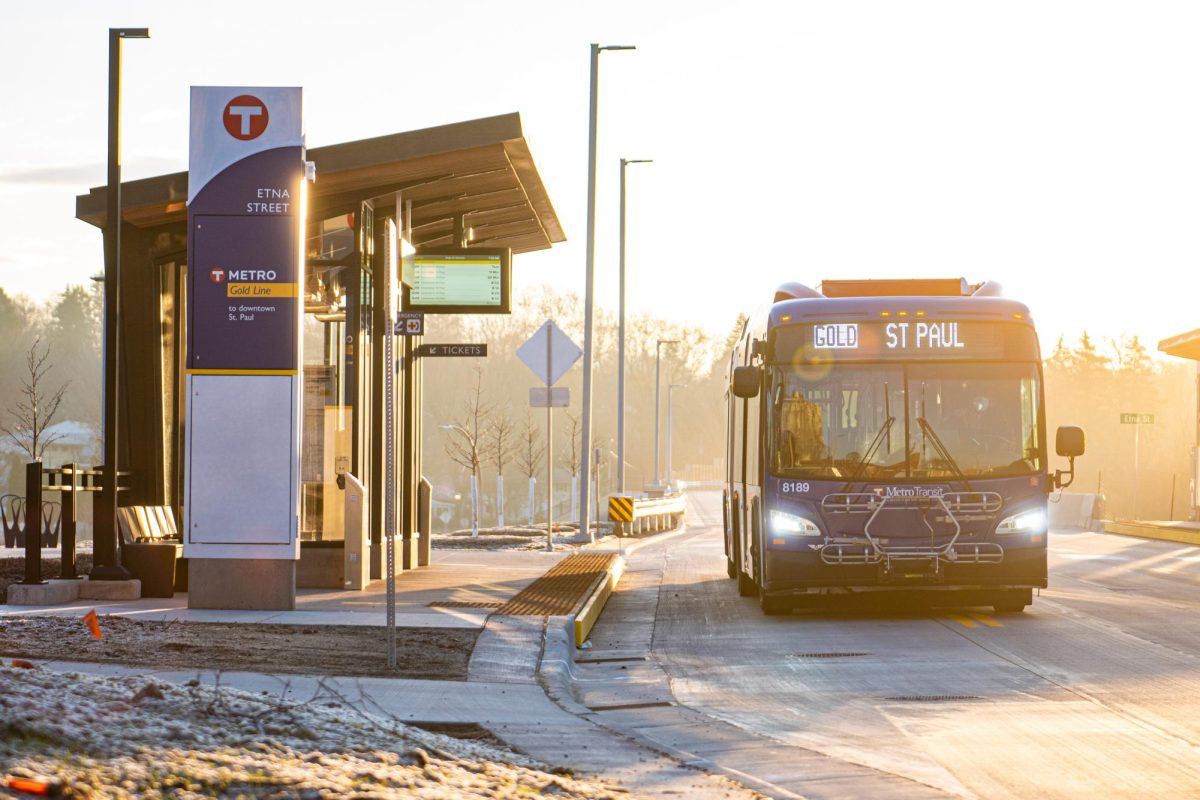



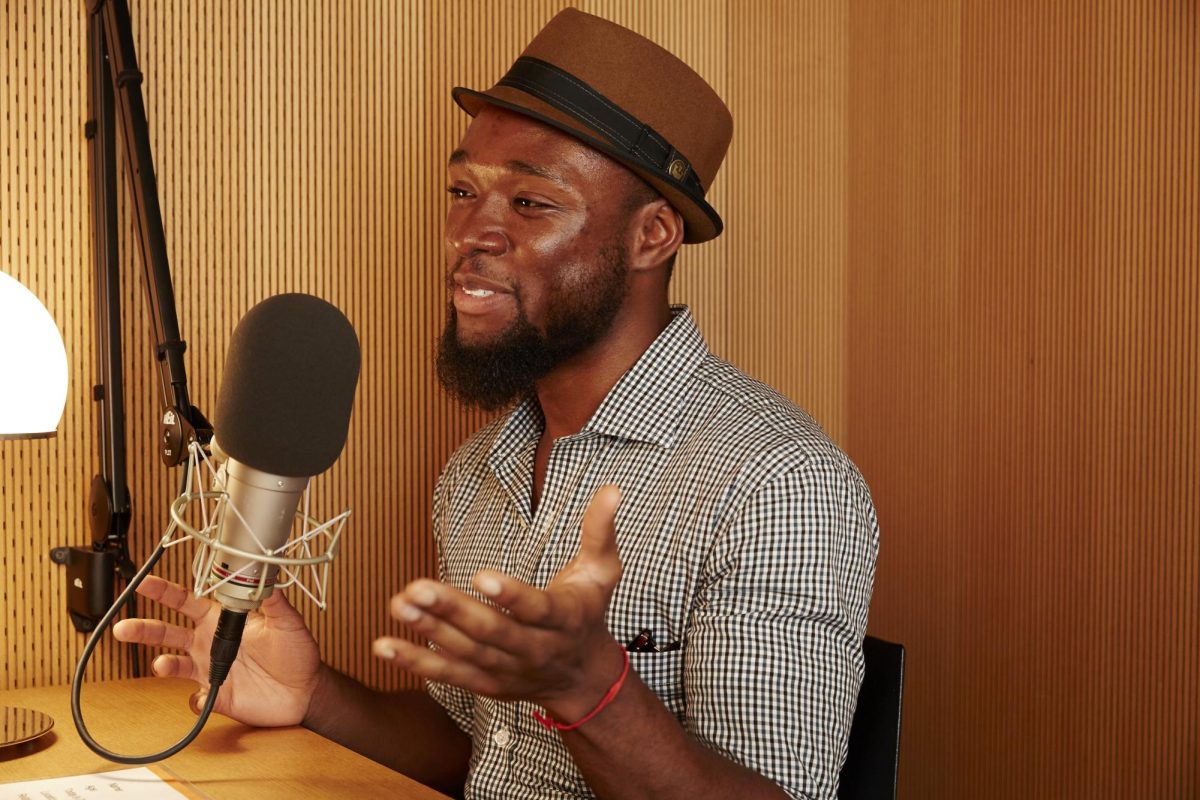
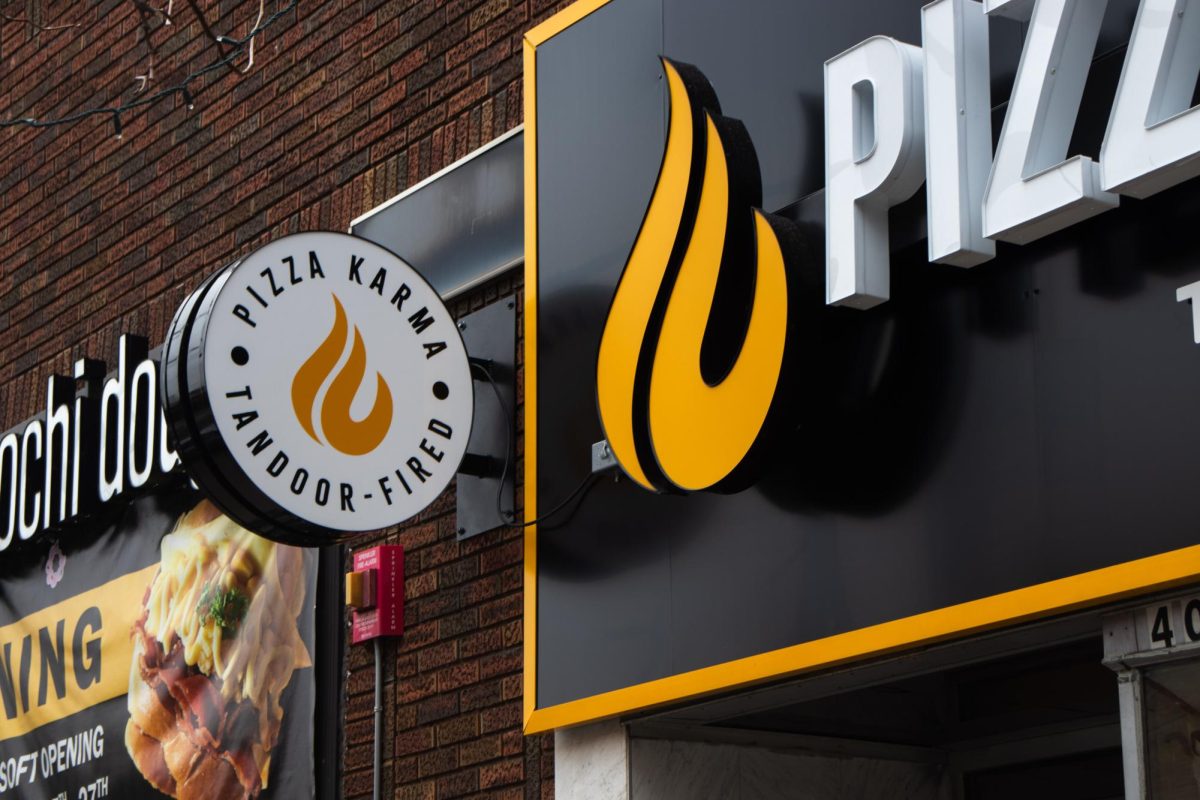
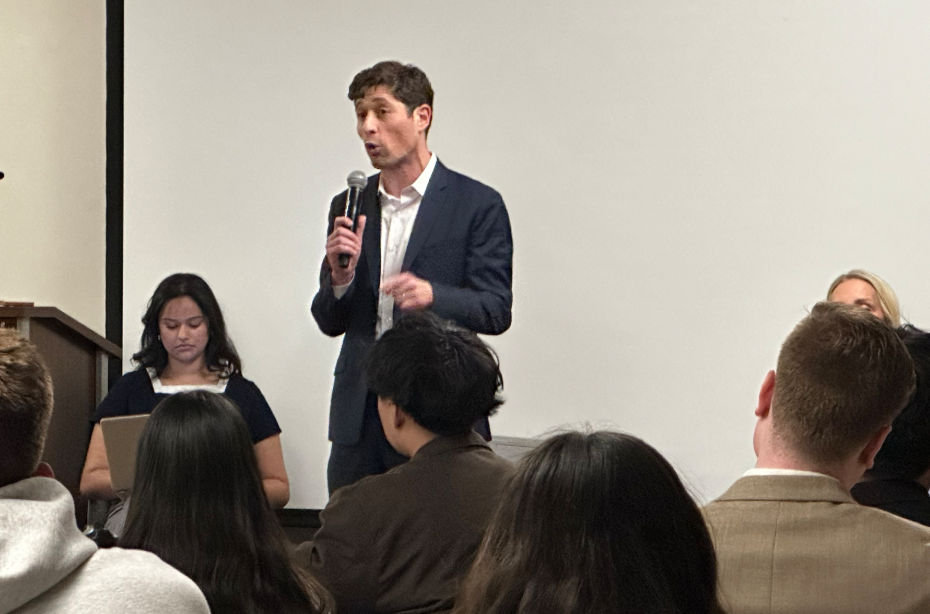
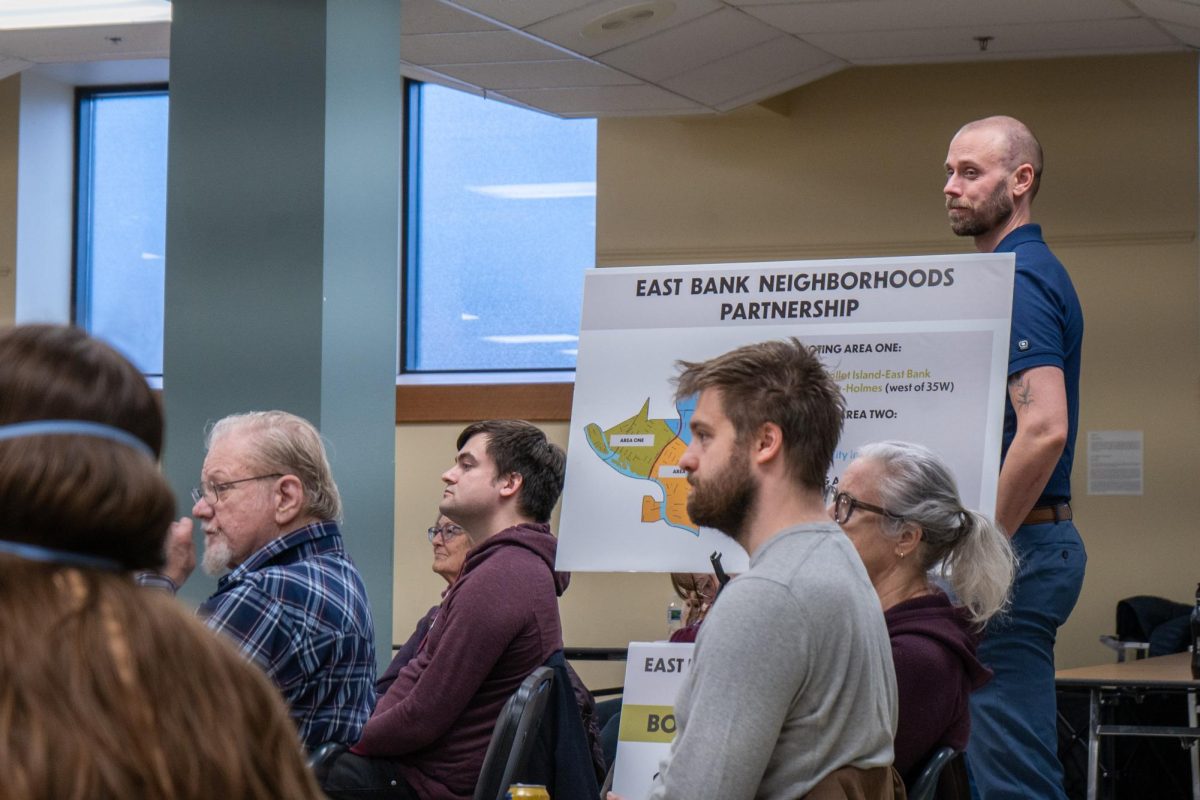
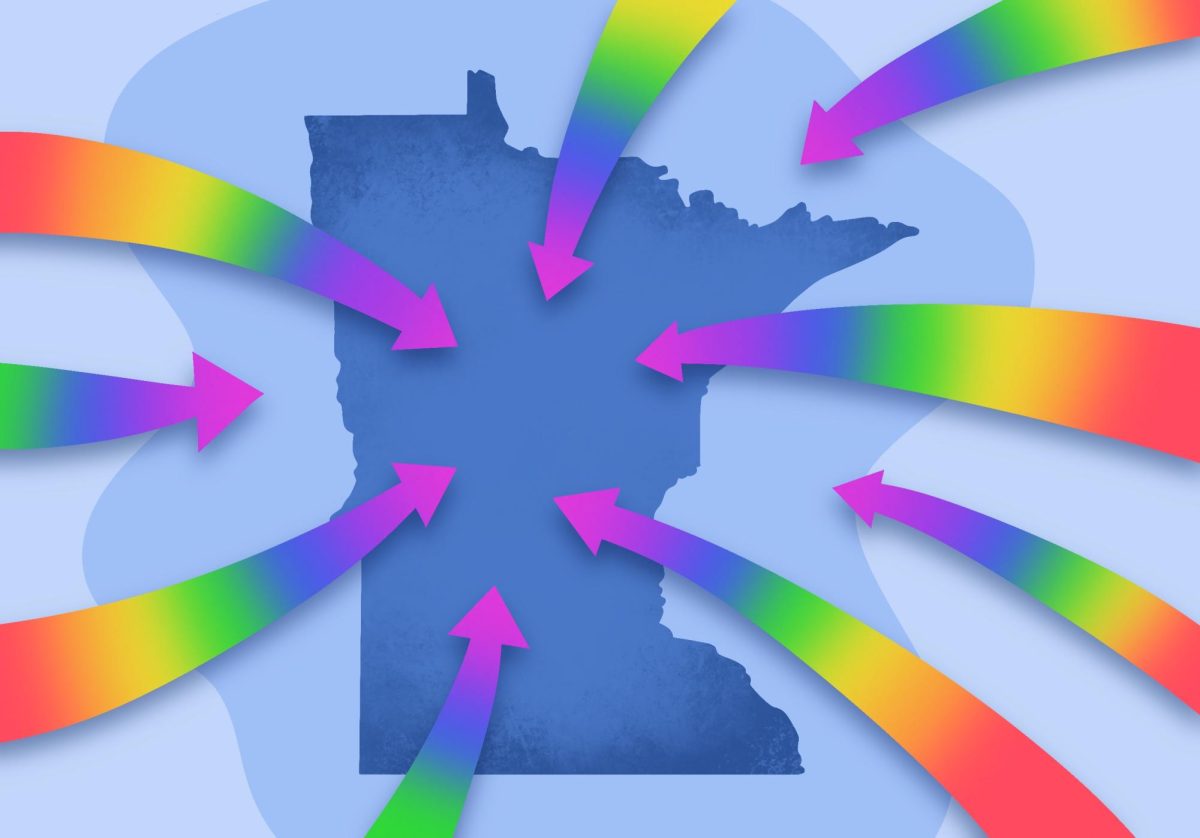
Sherri Overstreet
Nov 12, 2024 at 6:38 pm
Wonderful and much needed!!
Thanks for educating us on this program!!!!